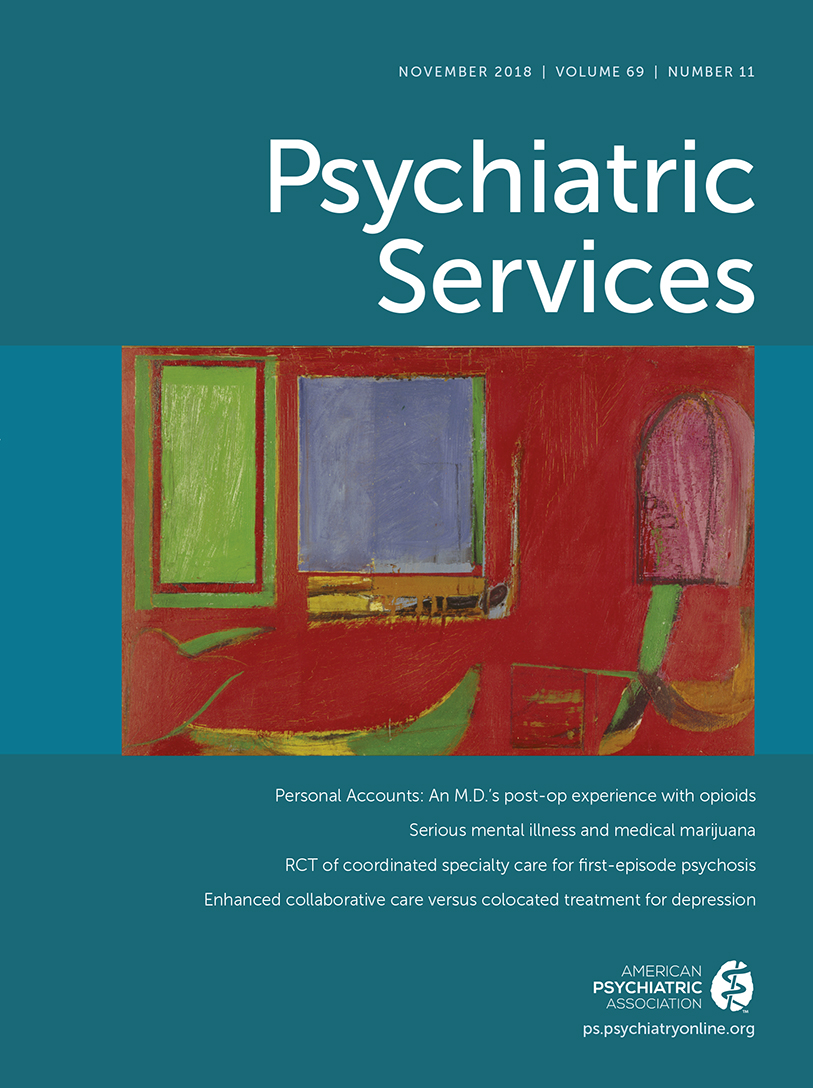Sequential Intercept Mapping: Developing Systems-Level Solutions for the Opioid Epidemic
Abstract
Sequential intercept mapping, a community-based application of the sequential intercept model, was recently adapted in Ohio to address the complex challenge of the opioid crisis. Sequential intercept mapping for opioids provides a framework for criminal justice, mental health and addictions treatment providers, family members and opioid-involved individuals, and other stakeholders to develop community-based responses that emphasize prevention, regulation, and treatment for opioid dependency, with a goal of reducing unintended deaths and overdoses. The authors describe a promising approach to using sequential intercept mapping to address the opioid crisis.



